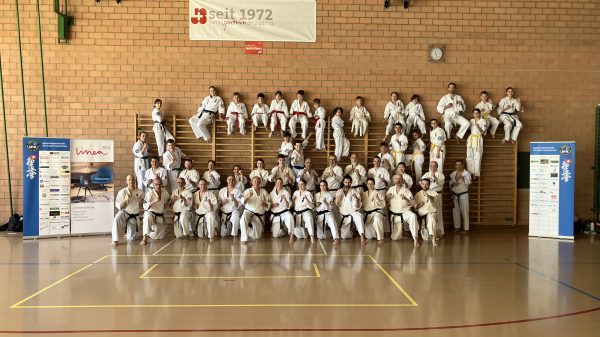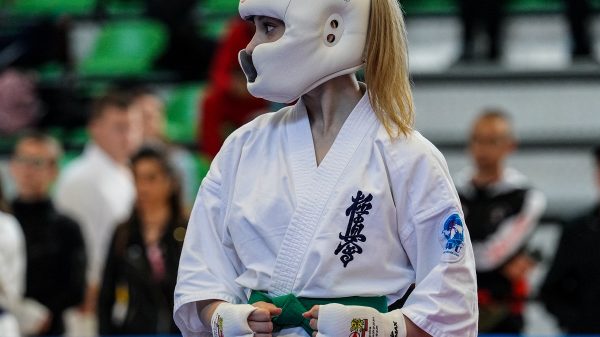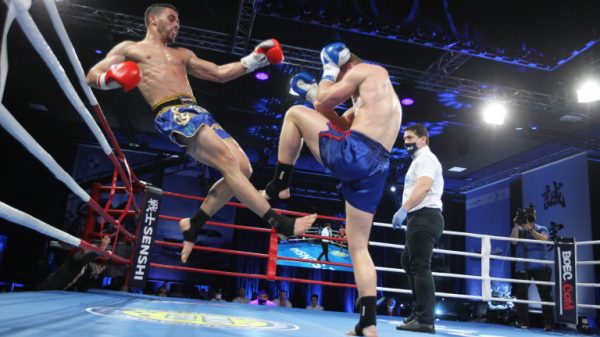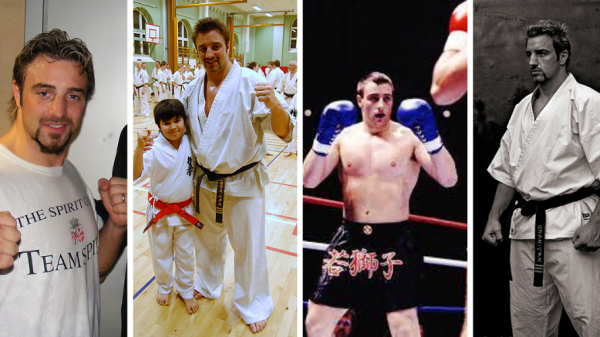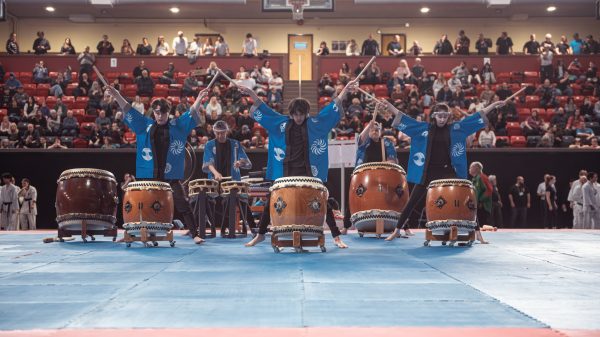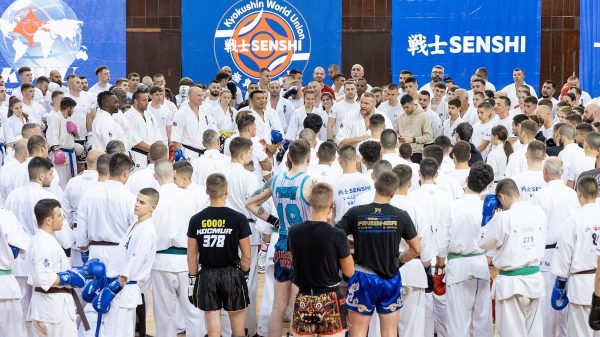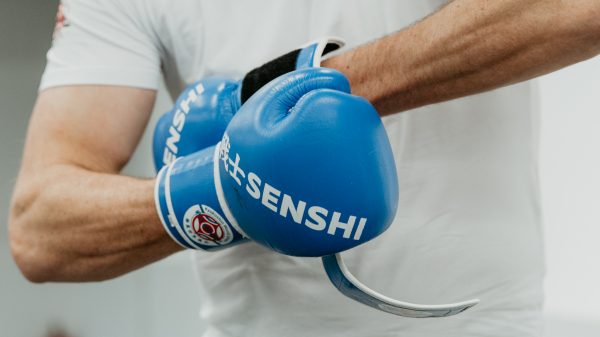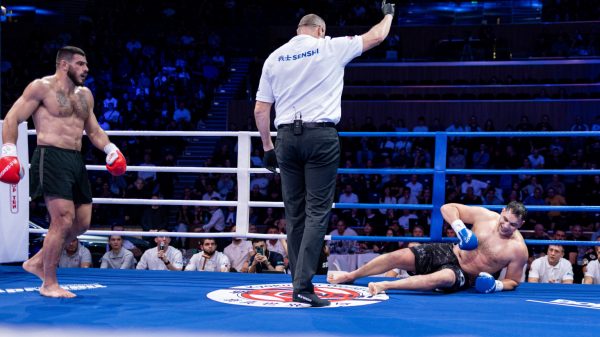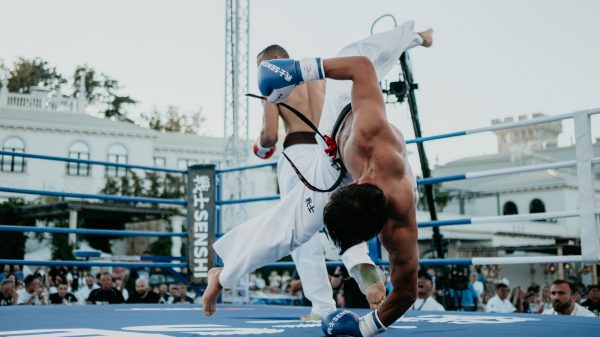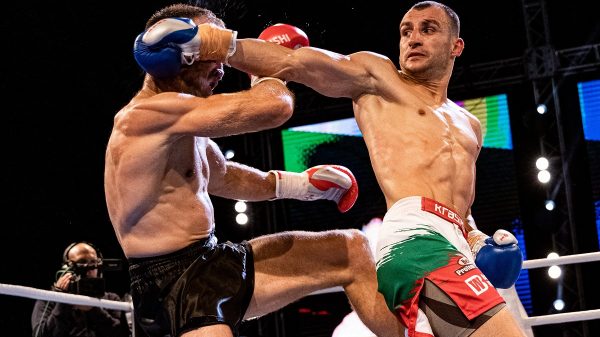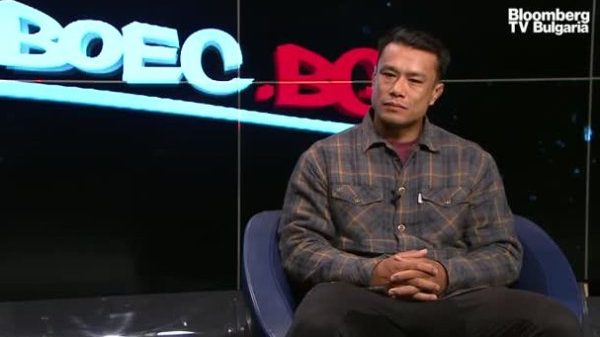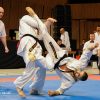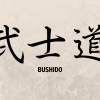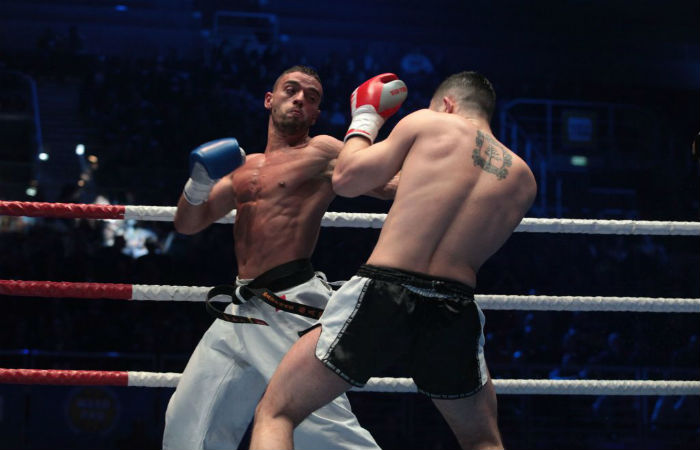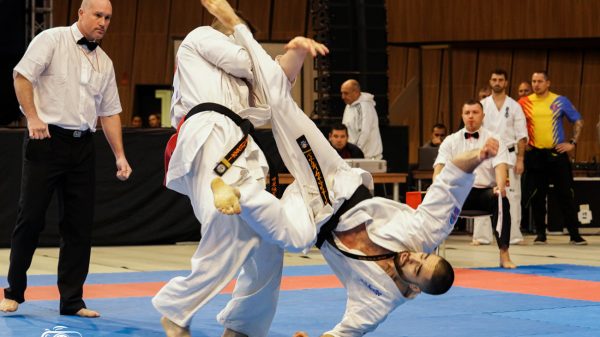WHAT MAKES A SUCCESSFUL DOJO?: Introduction
For the few that ever open and run a club – the path is fraught with many obstacles, over many years if not decades. In those sometimes lonely evenings when you think – what’s gone wrong – as the number of students is less than expected and hoped for – you ponder on the meaning of a successful dojo. I gave this some thought a few years ago when it was suggested that we, in the BKK, have a league table of dojos and award points for participation and success in BKK Tournaments. You would then, it was argued, see at a glance the success or otherwise of a dojo within the BKK. I was, and still am fundamentally against such a scheme as I think it overlooks the function and value of running a club and indeed the teaching of karate. To that end I tried to analyse what would or rather could be termed a “successful dojo” and that question itself raised more issues than I could find answers. I offer here just some personal viewpoints, which you may or may not agree with and I would be happy to hear your views – either way.
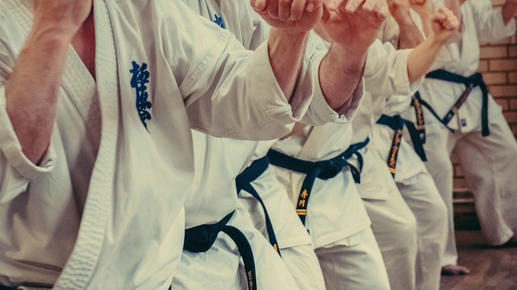
Dojo
What does the term dojo mean? Research will show that the term “dojo” is the Japanese pronunciation of the ancient Chinese word “Tao Chang” and comprises two characters “do” (way) and “jo” (place) – and the dojo was where people of learning would interpret the “way of the heavens”. Moving on within the classical Japanese framework the dojo is the place where one learns and follows a traditional art. It should be a place where not only physical skill can be taught and learnt but also where character can be developed and where moral and ethical teachings can be transmitted. In the dojo respect is earned and courtesy is a matter of course. A dojo in essence develops its own character and will in time develop its own spirit referred to as “kami”. A good dojo spirit is essential in the passing of knowledge. The development of the dojo spirit is based on austerity (shugyo) sincerity (seijin) and effort (kunren) and it goes without saying that within the dojo the observance of correct etiquette and ceremony and indeed respect is integral in creating an atmosphere that pushes students to see and obtain their maximum potential. As dojo can be anything therefore so long as certain principles are focused on and it can be a hall with 50 students or a class held in the park with two students. With this brief explanation we then concentrate on what would constitute a “successful” dojo.
Numbers?
It is too easy, in the broadest sense, to say that if numbers are high then the dojo is successful. Generalisations are used at many levels – if we compare our own club with another dojo from a different organisation we say “well we could have many more students if we compromised our training and went softer” That gives us comfort sometimes in reasoning why perhaps we don’t have comparatively as many students as others. Wrong? Within our own organisation it is then a comparison too easily confused and effected by many forces. The dojo with sixty or seventy students is termed “going well” when a club with maybe five, ten or fifteen students is termed “having a hard time” I am afraid this is a simplistic and too general a view. Numbers are not in my view a standard indicator at all of what is or is not a successful club. It goes with out saying that if your dojo is based within a city centre sports centre – the very fact of large “foot flow” through the centre will certainly ensure high numbers (and sometimes high turn over) compared to a dojo situated in an isolated village hall. Conversely the instructor may make a conscious decision to train at a certain venue (which in his or her view) is conducive to exact and specific requirements that he or she may aspire to and in doing so may limit the maximum number of students training at one time. This limitation on numbers ensures exact and specific teaching to a limited number of students of the highest quality. Whilst large numbers are a good sign let us not be put off by that factor alone as an sole indicator of success or otherwise.
Tournament success?
As BKK chairman (and also a dojo operator) I am sometimes overcome by the sheer volume of events staged by the BKK and sometimes question our path. We have a tournament nearly every month of the year in all our disciplines – we have courses, squad training and referee courses etc. In order to have any success at tournament level a great degree of preparation is required. In a dojo that trains perhaps only twice a week – this is very difficult as well as trying to maintain and increase a student’s general karate training and knowledge. Too much emphasis and concentration on tournaments will inevitably lead to a decrease in the overall development of a student’s balanced training. If a dojo wins at a tournament then their profile is high within the organisation and correspondingly they are termed “successful”. This I suggest is not a total and true reflection. In this day and age tournament success brings its own rewards to the student and dojo but we must look deeper to our training methods and aspirations and not totally use the tournament venue as a measure of success and advancement. There is also a held view that if dojos are not entering tournament – then they are not supporting the BKK. Again this in my view is a distortion. It may well be that the profile of students, eg age, goals and aspirations and ability, prevent the desire to compete. Or indeed the belief that tournaments are not suitable – which in the purest sense of the martial arts is an accepted fact. We should respect others views and aspirations even if we do not understand or accept them. I cannot emphasise enough that in the final analysis we will stand or fall eventually on the technical level and competence of our instructors and in turn our students. When all the trophies have been shelved and admired for the last time – what are or will we be left with? If we find ourselves in a situation where perhaps we are prevented from holding tournaments – this is certainly the case in our knockdown tournaments- what then? There needs to be within every dojo the traditional training perspective and values taught in order that we maintain our standards and ensure our future as an organisation for generations to come. Tournaments are essential in some respects but should not become the focus and means of determining success. I have heard a few times over the past years “his or her dojo has not produced champions – so it cannot be that good of a club” . This cannot be the mark of success of karate alone for many many reasons! This could in itself be the subject of an article on its own.
www.kyokushinuk.com


